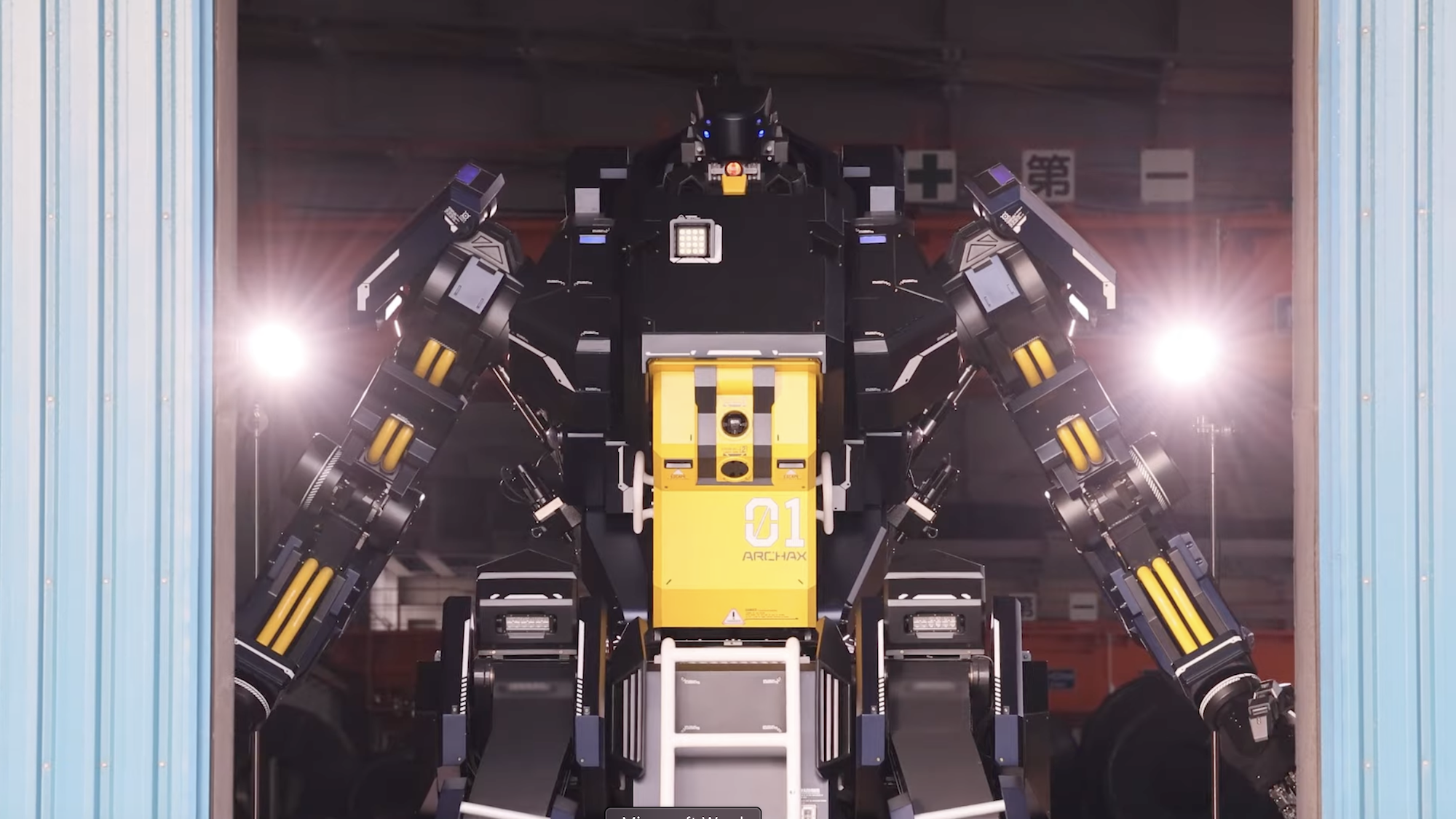|
|
|
|
|
 | |||||||||
|
What a time to be a tech business reporter! Even as Sam Bankman-Fried’s fraud trial gets underway, our scoop yesterday about AI startup Anthropic’s rising valuation suggests that the disgraced FTX founder may have scored at least one home run with his Anthropic investment. Yes, that’s right: The fast-evolving story about AI startups has converged with the SBF drama. The big question is how much money FTX’s creditors can make from the sale of the Anthropic stake.
Meanwhile, in a slower-moving but still fascinating drama—Elon Musk’s adventures at X (which the rest of us call Twitter)—the banks that lent Musk the money to buy the company meet tomorrow with CEO Linda Yaccarino for an update, The Financial Times reported last week. Our deep dive today into X’s plans for shopping and sports provide some insight into how Musk and Yaccarino are hoping to rebuild the business. But the story also highlights one point about Musk’s management that doesn’t get enough attention. It shows how his destruction of Twitter’s business since the takeover a year ago wasn’t just a result of advertisers fleeing out of distaste for the hateful content he allowed back on the platform. It’s also because Musk got rid of teams responsible for bringing in revenue. That’s a sign of how incompetently Musk has run the company.
As the story explains, before the takeover, one of the healthier parts of Twitter’s ad business was its Amplify program, under which Twitter sold ads attached to video clips from TV networks, sports leagues and the like. It generated more than $1 billion in advertising revenue for Twitter and its media partners: Assuming a roughly 50% split, Amplify likely accounted for about 10% of Twitter’s pre-Musk ad revenue. The company was investing to expand it by building a video feature that allowed users to watch content.
But Musk swept all that away as he eviscerated Twitter’s staff, including ad sales and partnerships. He felt, correctly, that Twitter was overstaffed. And given the debt he took on to buy Twitter, he had to slash its costs. However, getting rid of teams that help your business make money is the definition of counterproductive. Musk has made plenty of mistakes since taking over Twitter, as he has acknowledged. With any luck, Yaccarino will be able to reverse at least one of those missteps by reviving Amplify.
Google’s Unspectacular Pixel Unveiling
Given how much media attention Apple gets for its annual iPhone event, it seems only fair to spend a little bit of time discussing Google’s equivalent, the Pixel 8, which the company formally unveiled today. Its promotion emphasized the artificial intelligence–powered features in the phone, as well as the camera, as is par for the course. As is also standard, Google didn’t mention the basic phone functions—that is, the ability to make calls.
On that front, the Pixel phones in the past couple of years haven’t had a good reputation, with lots of complaints about the Pixel 6 and 7 dropping calls. And there’s reason to think that won’t improve in the new device. Google, noticeably, hasn’t used Qualcomm modems, found in the iPhone and many other smartphones, since the Pixel 5. Instead, Google has been using a Samsung-made modem, which according to tech blogs like this one isn’t as good as Qualcomm’s. That choice is apparently related to the fact that Google is relying on Samsung to help with the custom-designed Tensor chip it uses to power the phone. To sum up, Pixel phones drop calls because Google wants to use a chip of its own design. (We wrote about Google’s work with Samsung here).
Even worse for Pixel lovers, the latest Tensor chip in the new Pixel is relatively slow, even compared to an Apple chip that’s three years old, according to tech blog WCCFTech. Apple may have some issues with iPhone 15 Pros overheating (which the company is hoping to fix with a software update today), but Pixel’s issues appear to be far more serious.
In Other News
- Amazon is shuttering its livestreaming audio app, Amp, which initially went live in March 2022, according to Bloomberg.
- Uber will now deliver packages to UPS stores, FedEx stores, and USPS post offices for $3 if customers subscribe to the company’s Uber One membership, or $5 otherwise.
- Canva, an Australian company specializing in design software, released several AI tools that will help it better compete with Adobe, according to Bloomberg.
New From Our Reporters
Inside Elon Musk’s Plans for X: Shopping and Sports
Flexport Exits Mount as CEO Ryan Petersen Overhauls Tech, Legal and Sales Teams
Fintech Lenders Spiral as Risky Borrowers Struggle
What We’re Reading
All Your Favorite Movies Are Already on TikTok (The New York Times)
Yahoo Spins Out Vespa, Its Search Tech, Into an Independent Company (TechCrunch)







No comments:
Post a Comment